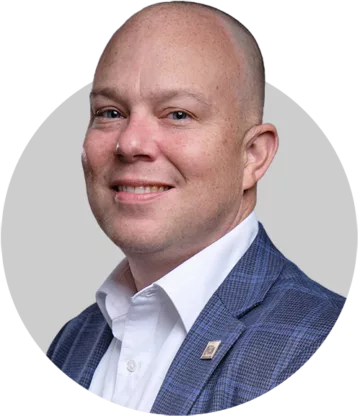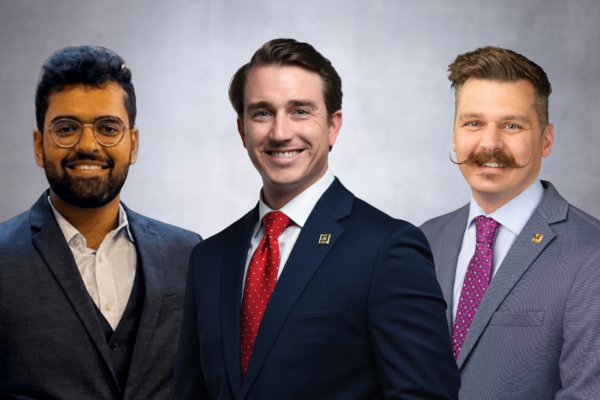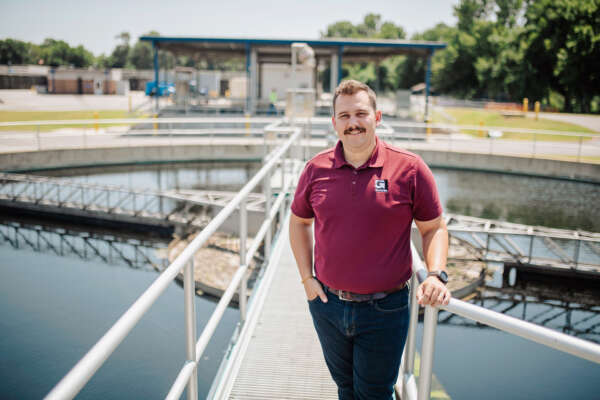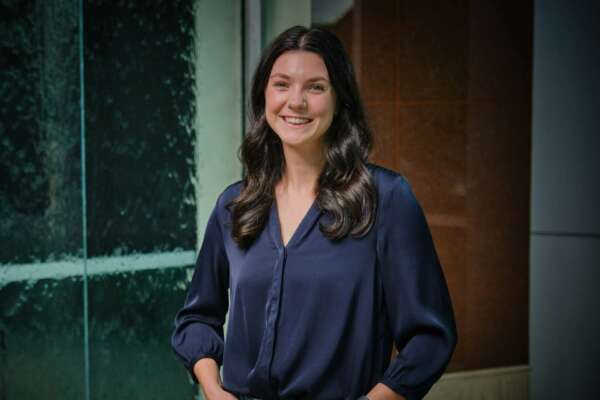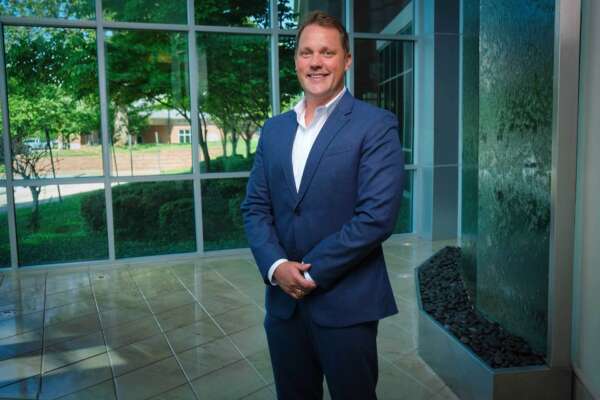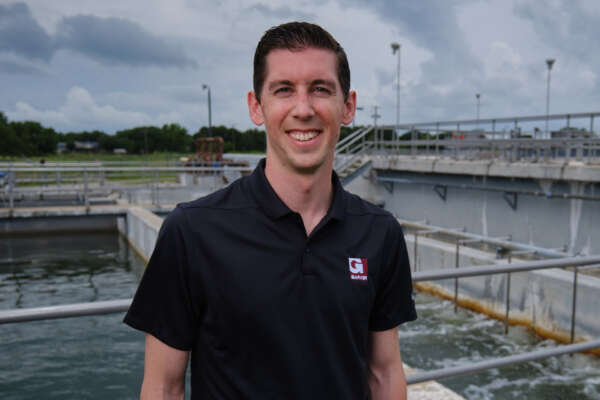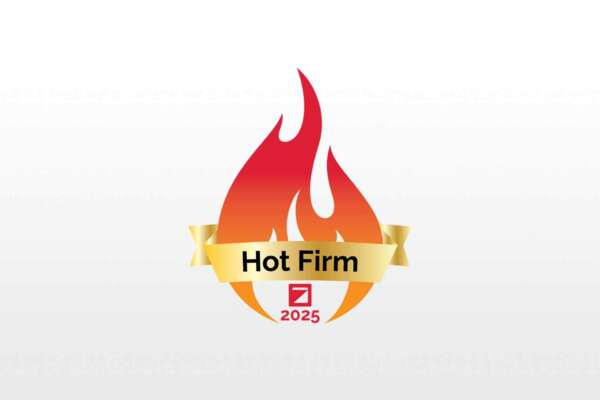NC One Water
Charlotte, North Carolina | Dec. 04-07

Garver is ready to drive forward with NC One Water! Taking place Dec. 4 - 7, the Annual Conference attracts over 1,500 water professionals from across the state. The conference is dedicated to providing water and wastewater education, training, and service in an effort to protect public health and the environment.
Technical Presentations
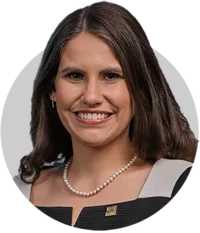
4:30-5 p.m. ET
I need a hero! How to save your audience from death by PowerPoint using a scientifically proven methodology
The goal of any technical presentation is that the content be understood, remembered, and believed. However, technical presentations often suffer from poor planning. Presenters often don’t know where to begin to create a presentation. Using the Assertion-Evidence Methodology, this presentation teaches the essentials for creating presentations that increase the likelihood that main messages will be understood, remembered, and believed.
Speakers: Water Business Development Team Leader Krysten Marshall

8-8:30 a.m. ET
It Needs to be Off-Line for How Long? Proactive Shutdown Planning eases concerns with construction schedules
Distribution systems are designed to meet level of service goals during a wide range of normal operation conditions. But, when major rehabilitation is needed on a major water supply facility, how will the system respond? This presentation will cover the proactive approach used by a North Texas utility to reduce concerns associated with replacement of the primary supply facility for the City’s main pressure plane.
Speakers: Modeling, Analytics, and Planning Team Leader Evan Tromble, Ph.D., PE

10:45-11:15 a.m. ET
Granular Activated Carbon and Biological Activated Carbon technologies for Removing DBP Precursors and Controlling Taste and Odor Compounds
Granular Activated Carbon (GAC) is known as one of the Best Available Technologies (BAT) for the removal of disinfection by product (DBP) precursors. GAC is also utilized as one of the most effective media for biological filtration. This presentation will discuss the fundamental aspects of these technologies and how these technologies can be optimized to achieve the best performance with respect to the treatment objectives.
Speakers: Water Practice Leader Zaid Chowdhury, Ph.D., PE, BCEE
12:30-1 p.m. ET
Monitoring Reservoir Water Quality for Cyanobacteria Blooms and Adjusting Treatment to Maintain High Quality Treated Water
Open water reservoirs are prone to abundant growth of cyanobacteria. Cyanobacteria flourishes when there is adequate nutrients (i.e., nitrogen, phosphorous, and other micronutrients) in the water during warmer seasons with sufficient amounts of sunlight. The levels of micronutrients are more pronounced if the raw water source is influenced by municipal, agricultural, or industrial wastewaters. The author is involved in an on-going study tracking the source water parameters for a water system. A substantial database has been built and has been actively utilized to anticipate any impending cyanobacterial bloom so the water treatment parameters at the plant can be adjusted at the appropriate times. This presentation will utilize the database and the on-going efforts to draw connections between various water quality indicators that can be tracked and responded to, in order to provide great tasting water to drinking water consumers.
Speakers: Water Practice Leader Zaid Chowdhury, Ph.D., PE, BCEE
4:05-4:35 p.m. ET
What is going on with PFAS regulation? How should utilities prepare to address the anticipated ultra-low standards?
Due to potential negative health consequence of per- and poly-fluorinated alkyl substances (PFAS) many water systems will need to choose a treatment system to remove PFAS from their source waters which were not previously treated. The authors participated in a study of a water system that relies exclusively on several groundwater wells and were mandated to comply with all federal drinking water standards. This presentation will present the various steps in the source water sampling, treatment technology selection, and design will be presented along with a systematic approach that can be followed by other water systems who are facing similar challenges around PFAS.
Speakers: Water Practice Leader Zaid Chowdhury, Ph.D., PE, BCEE
